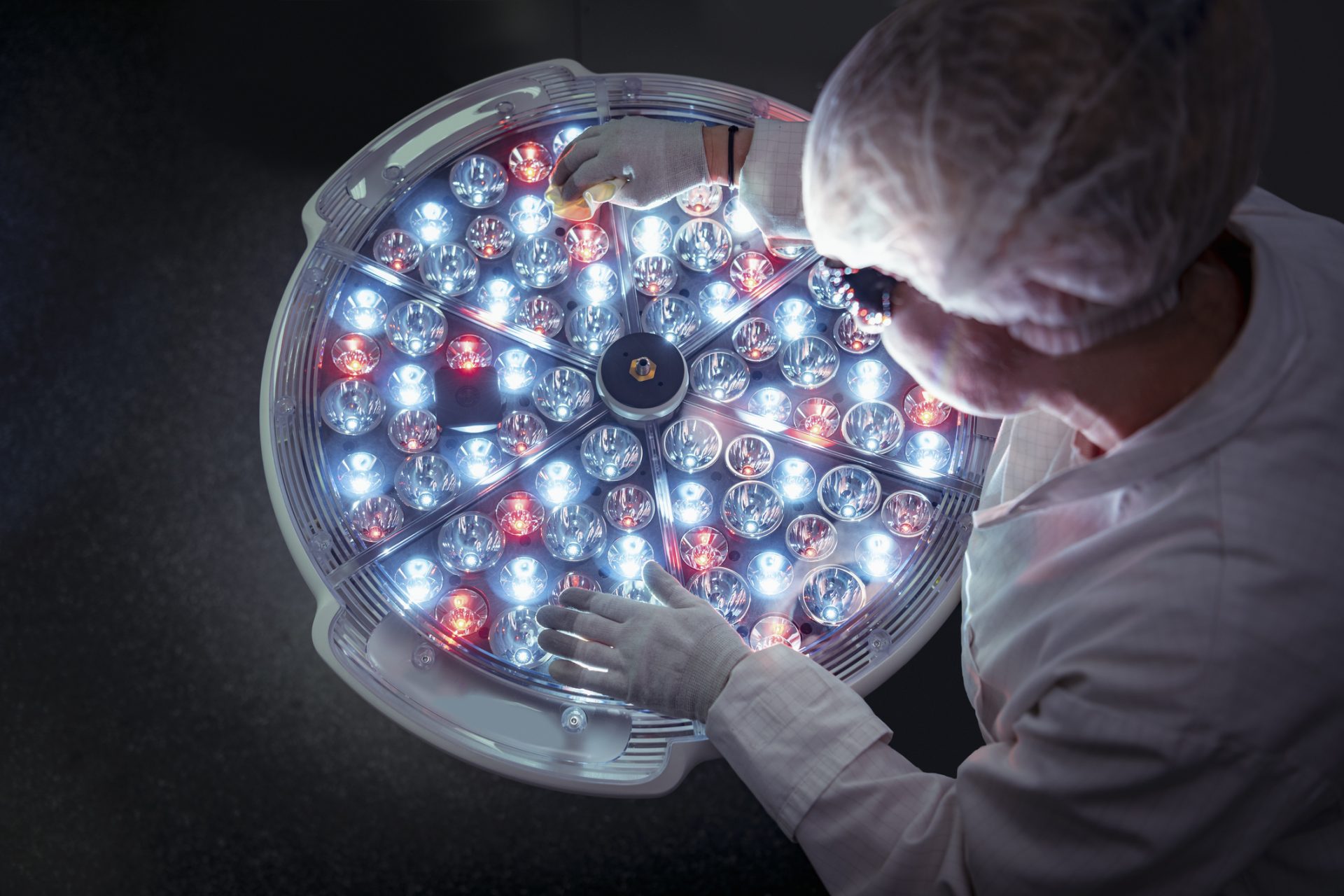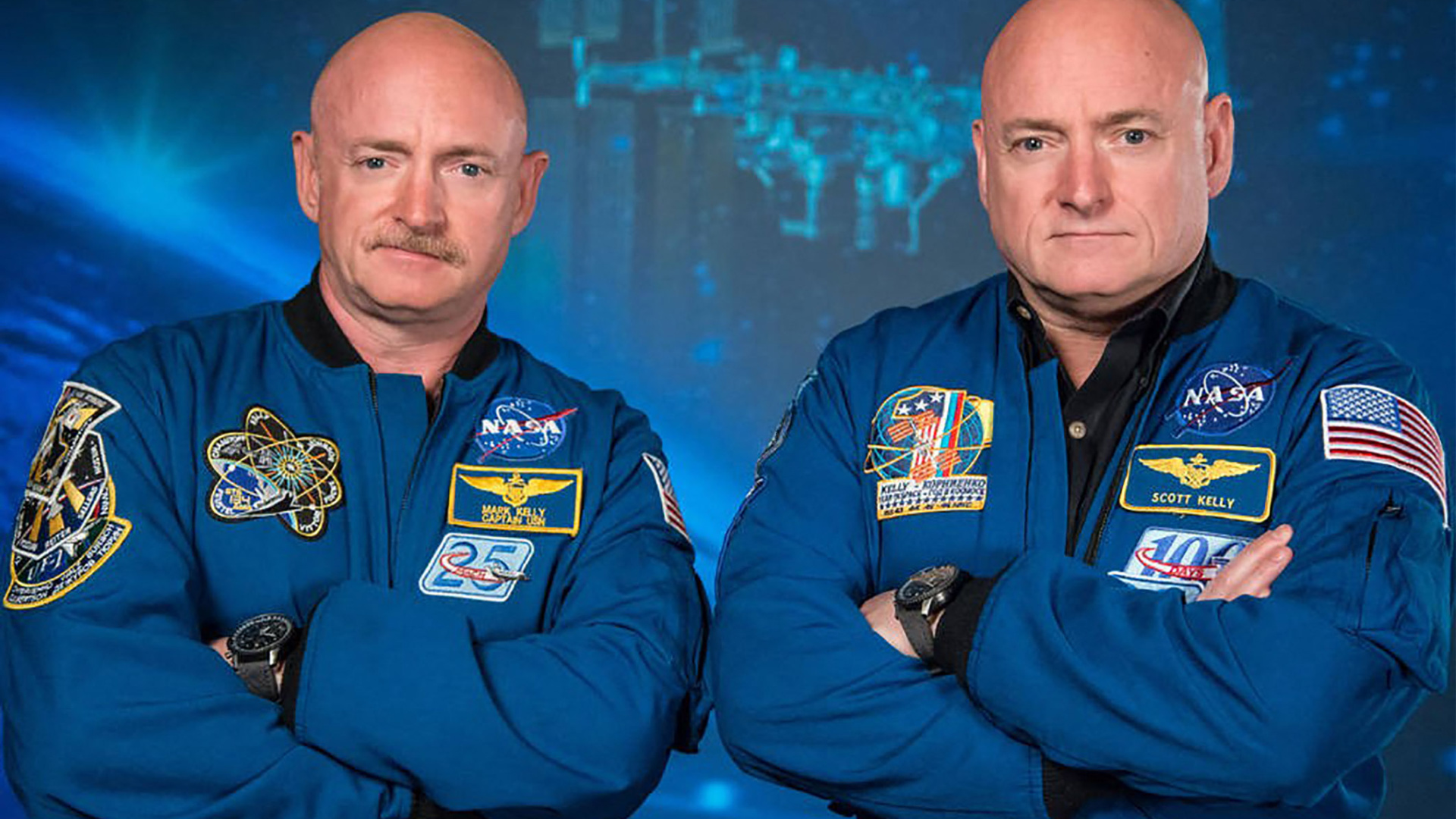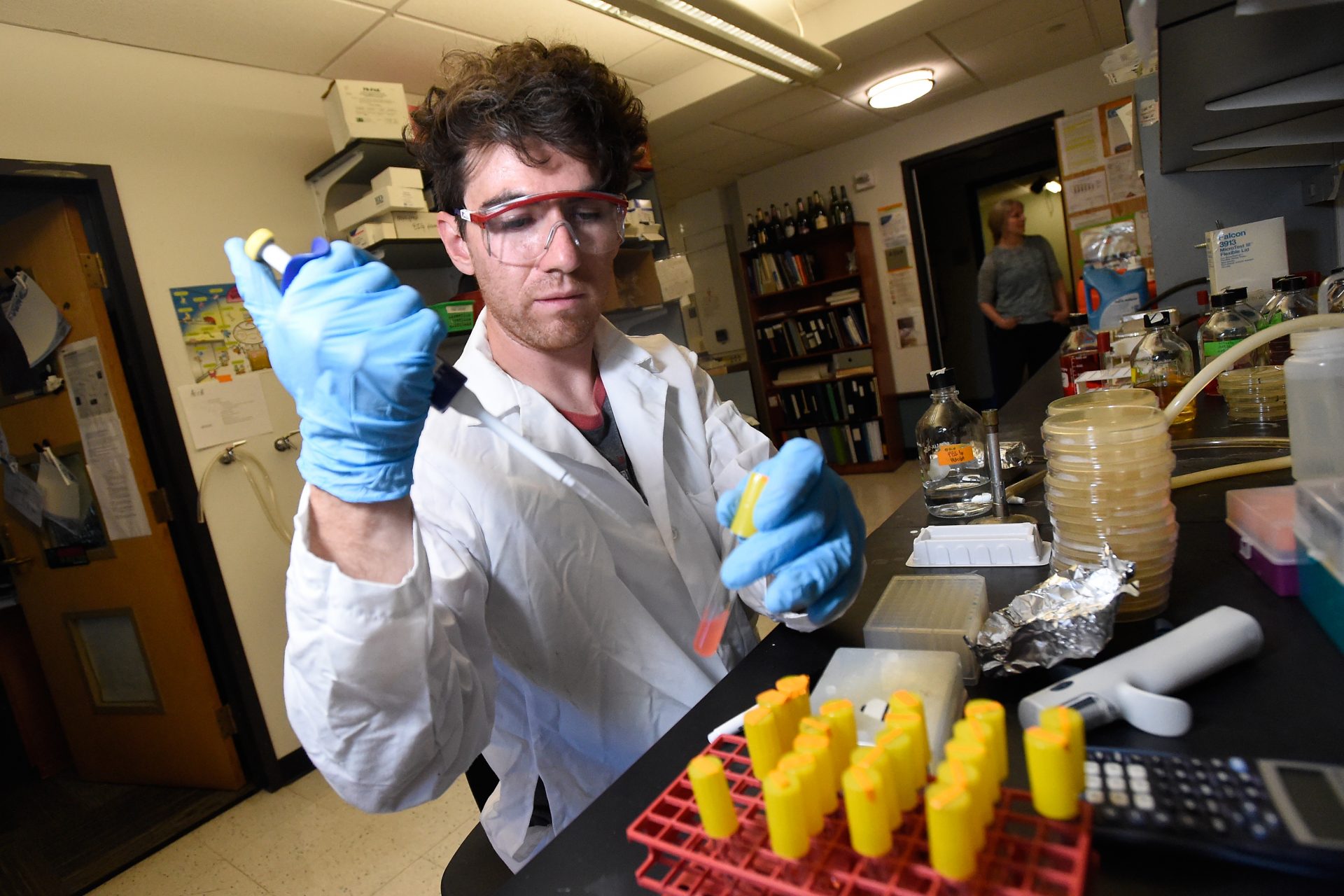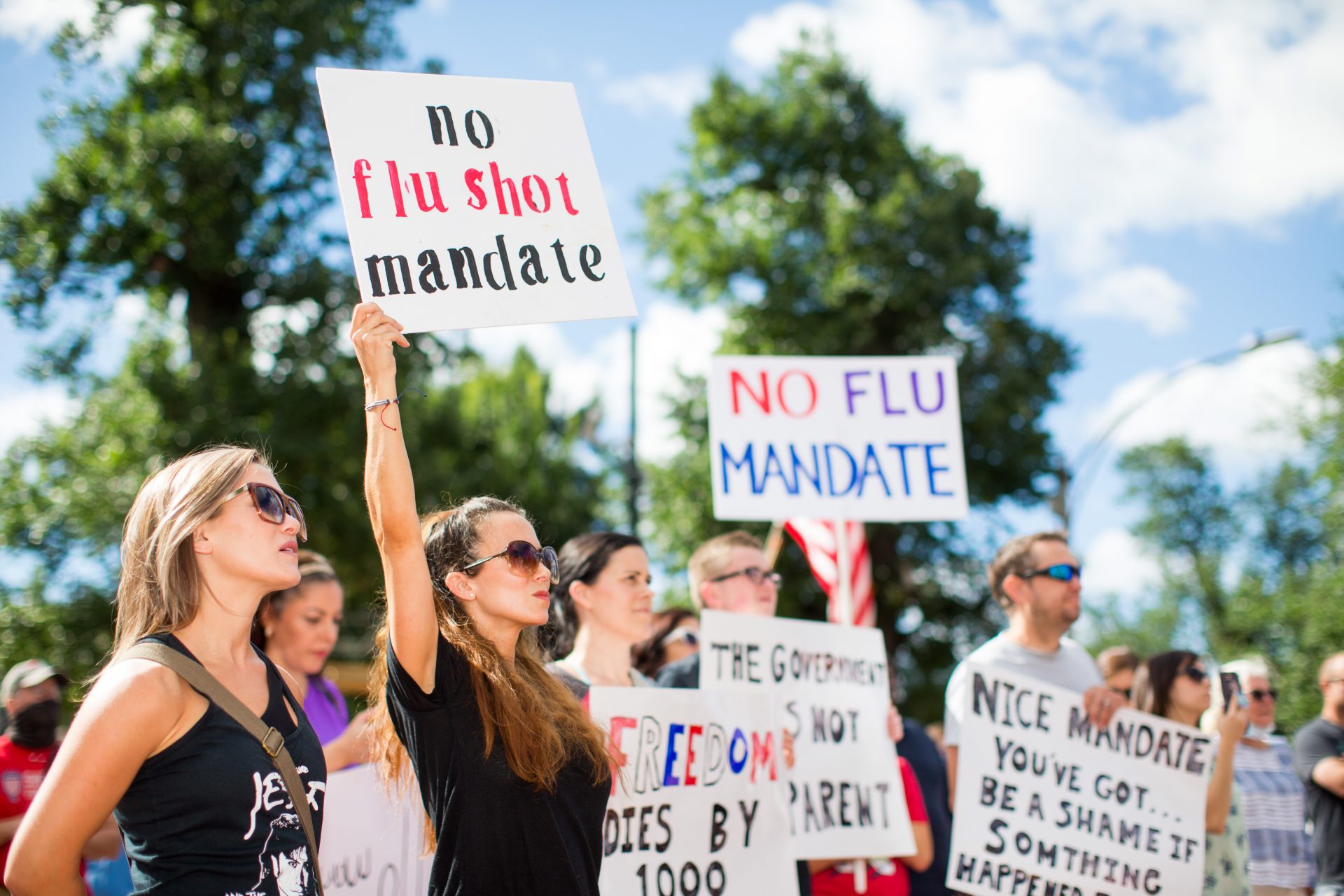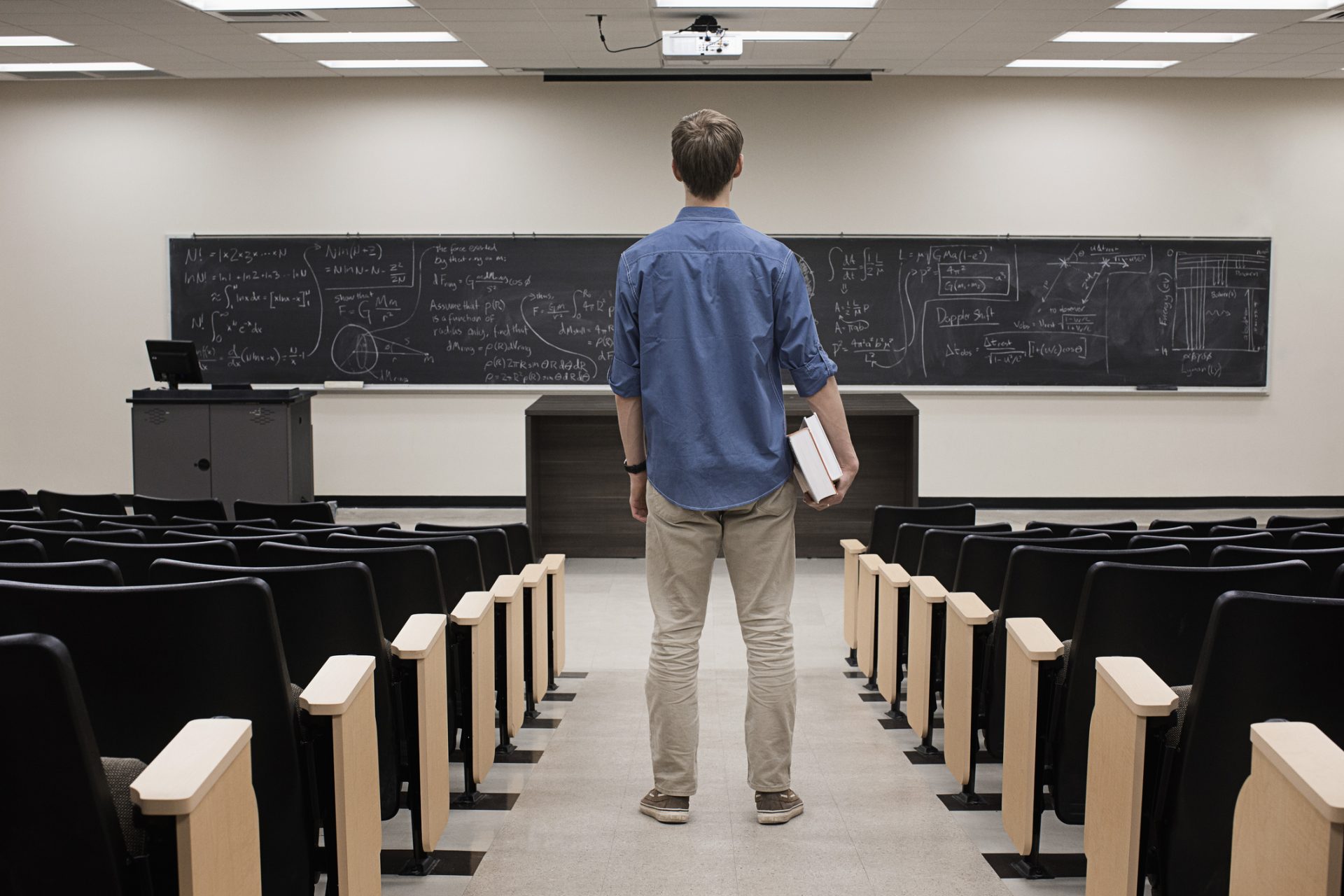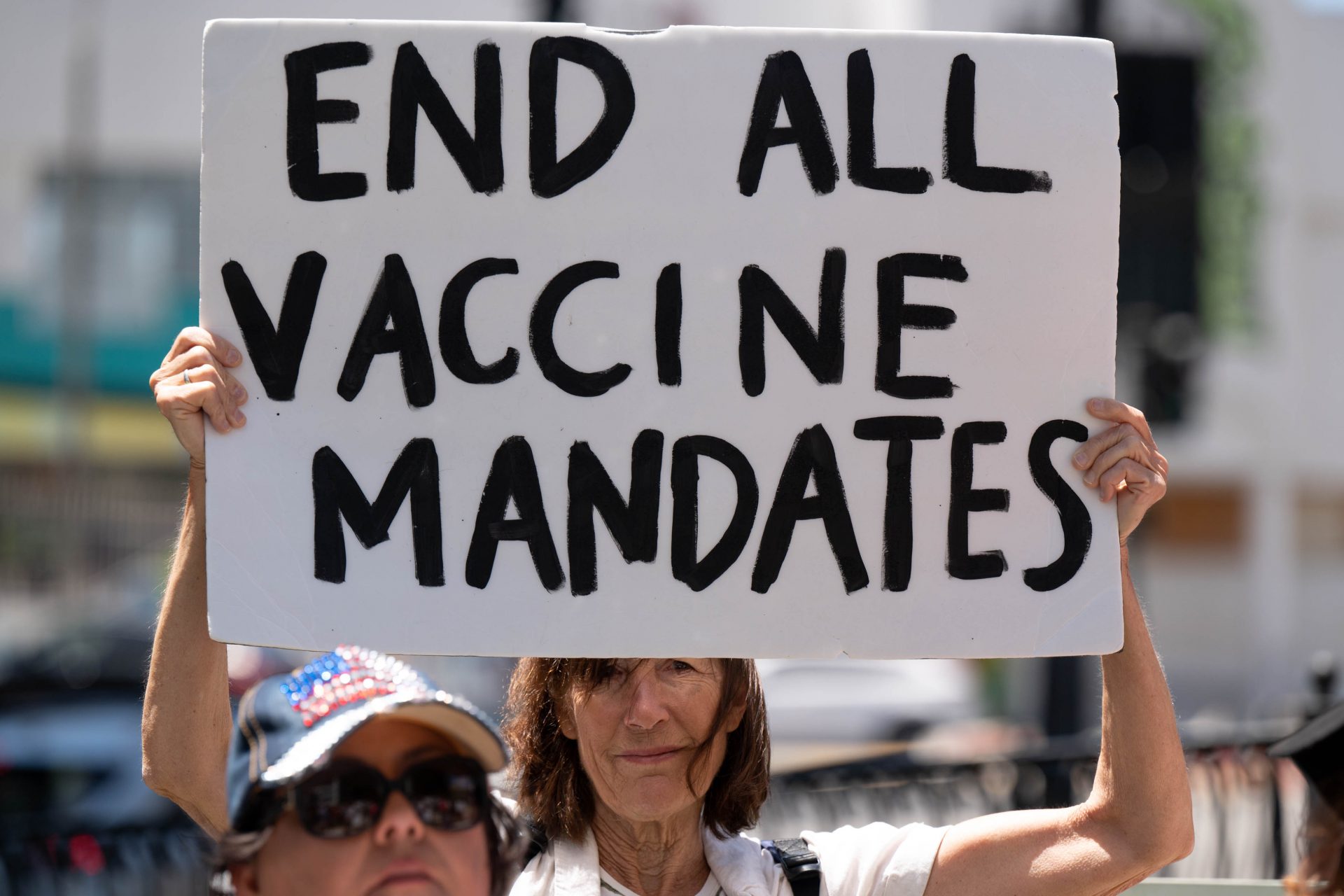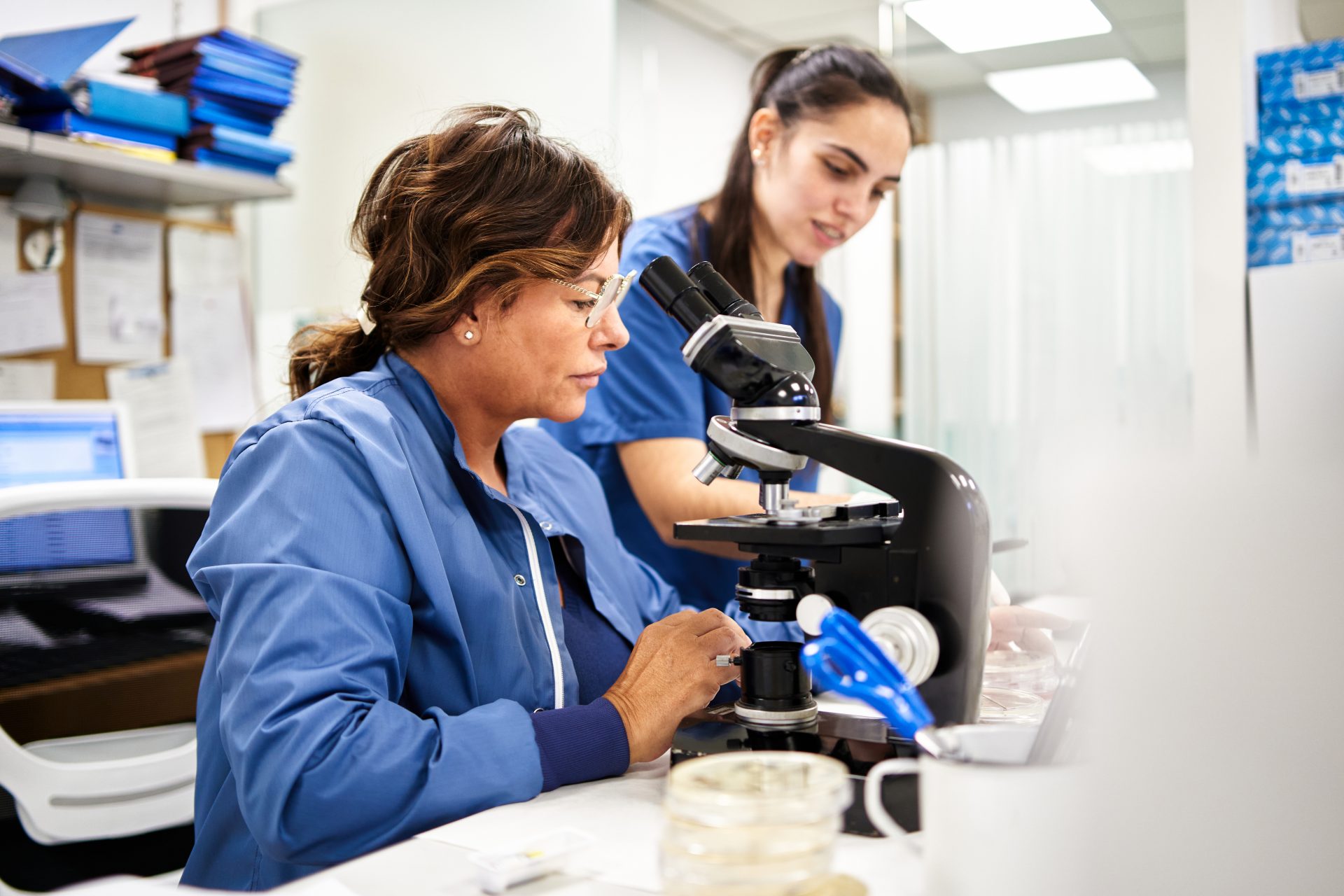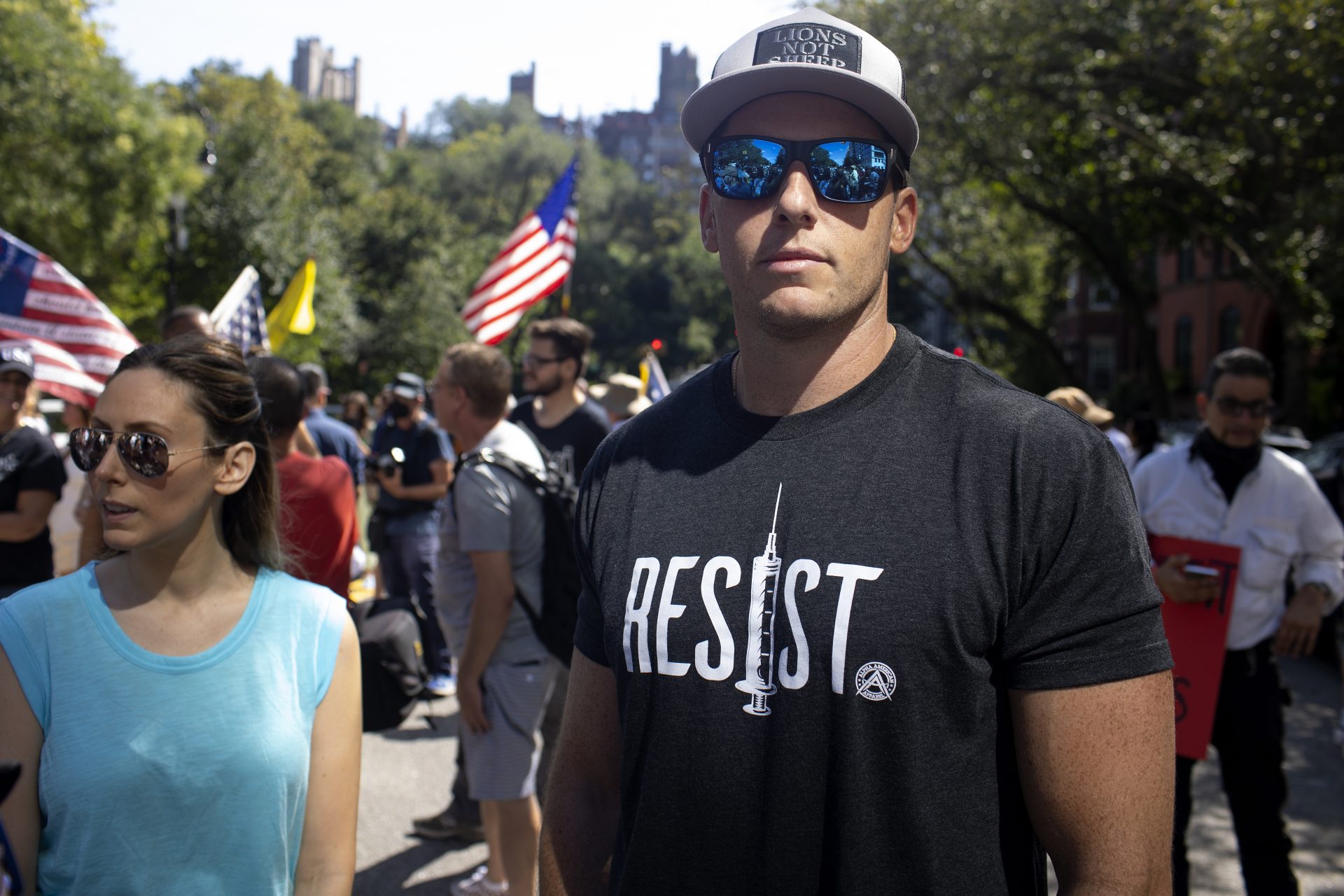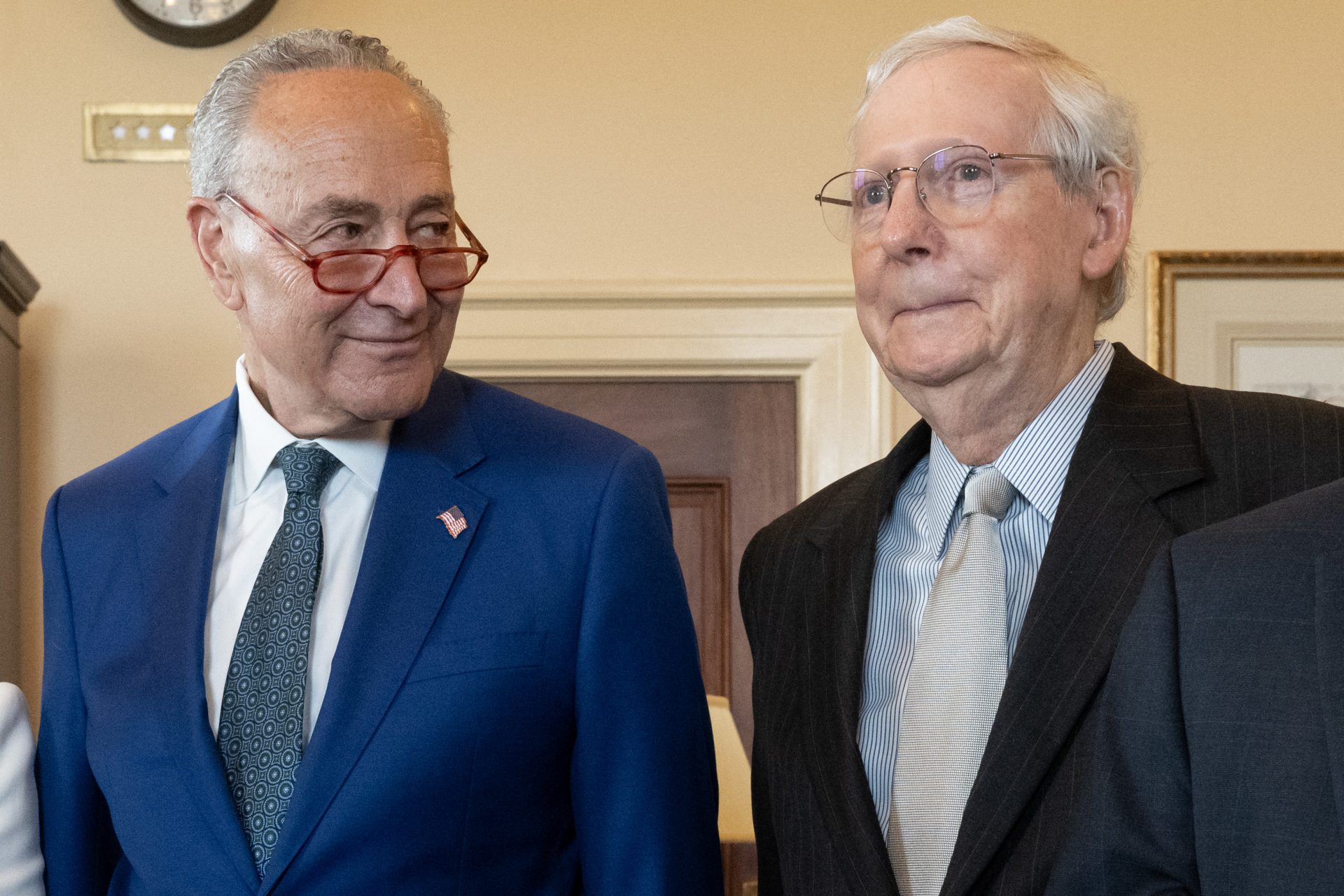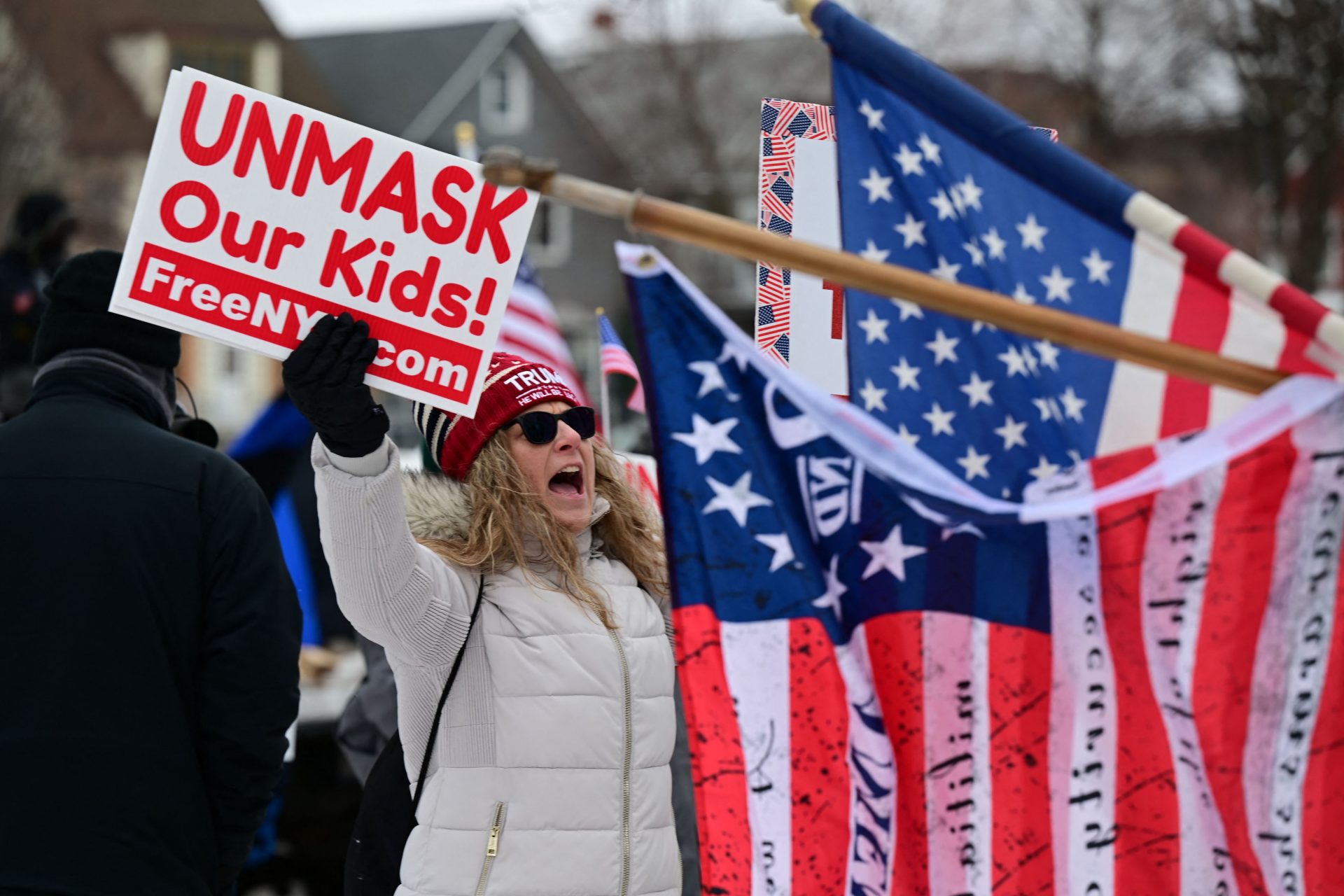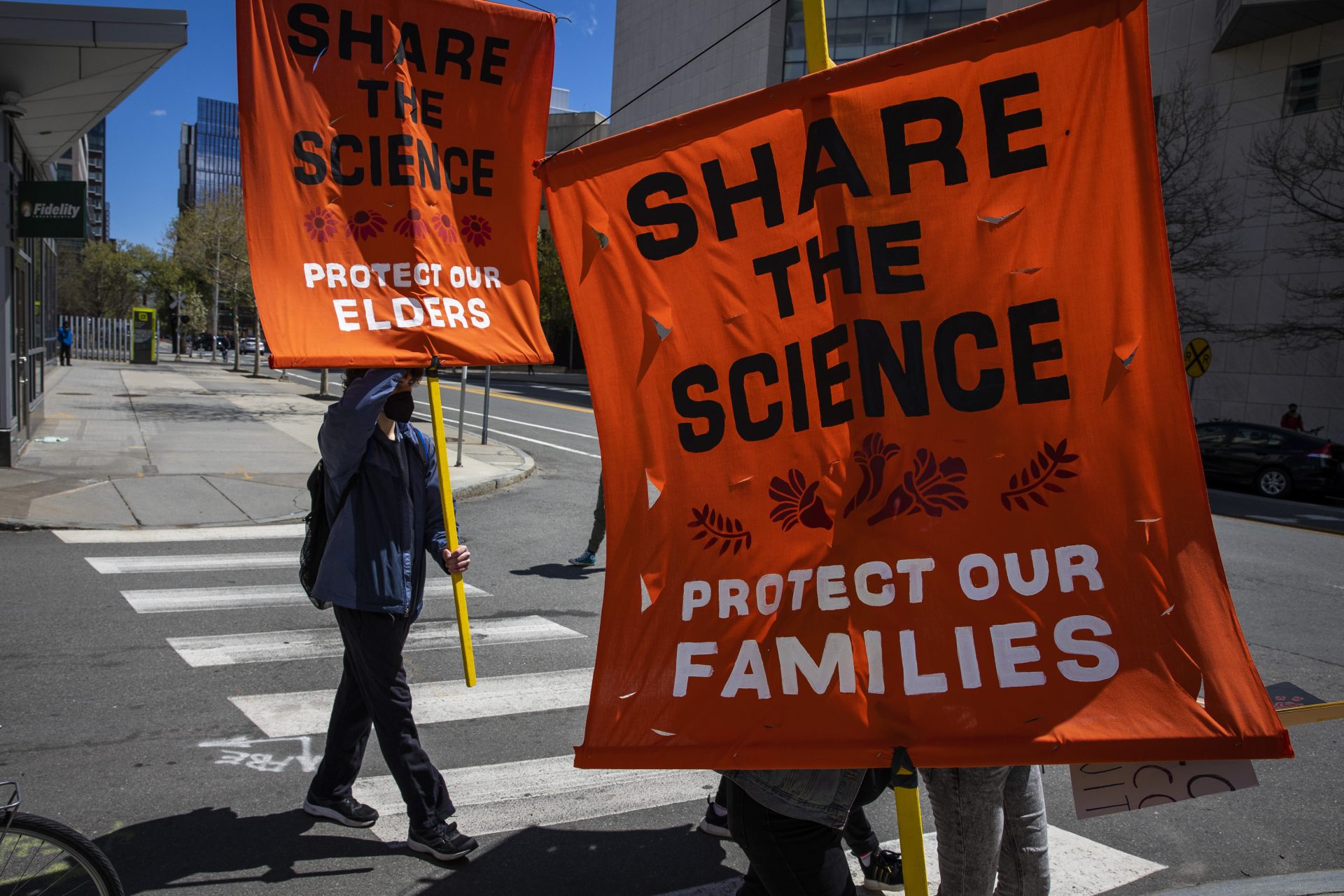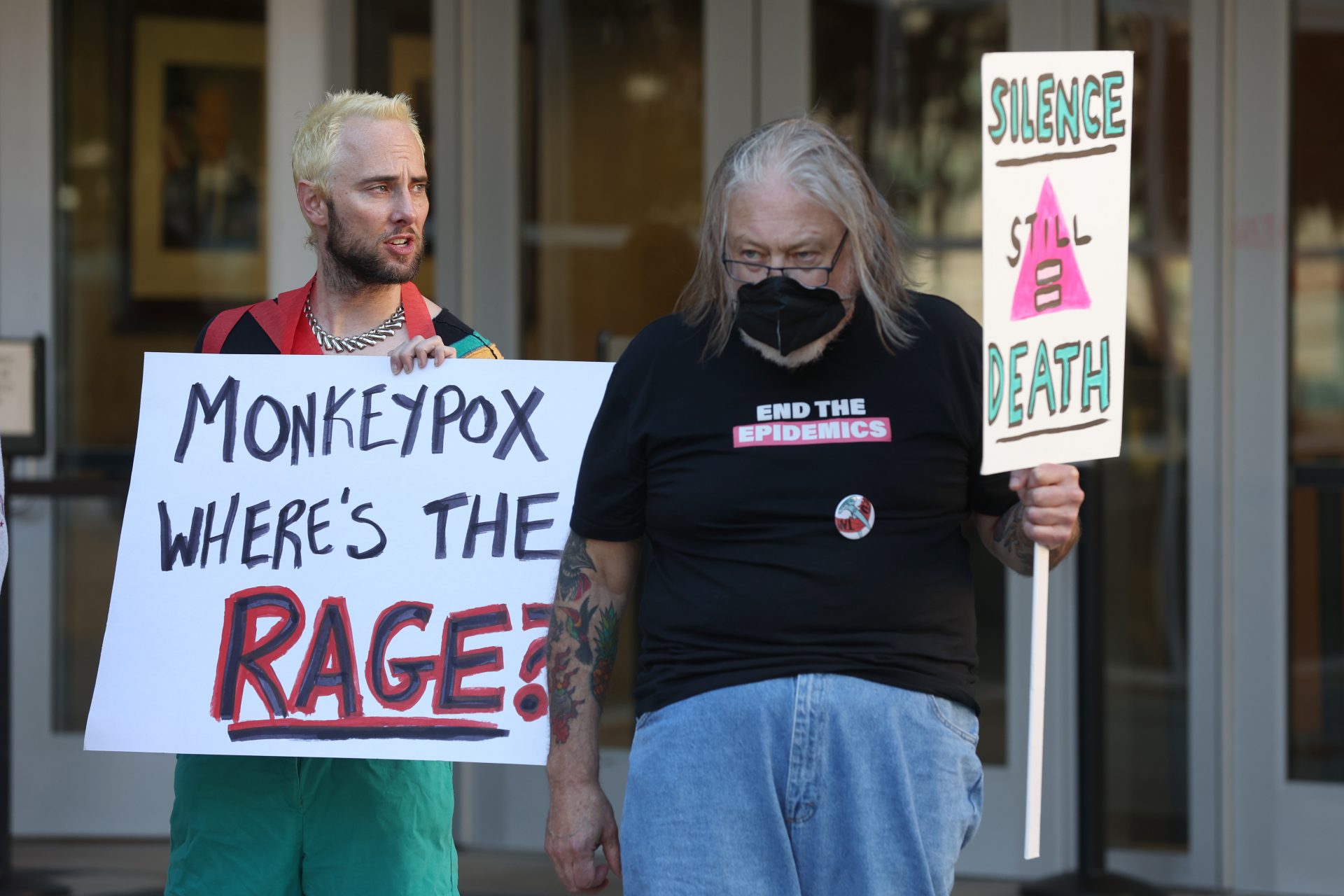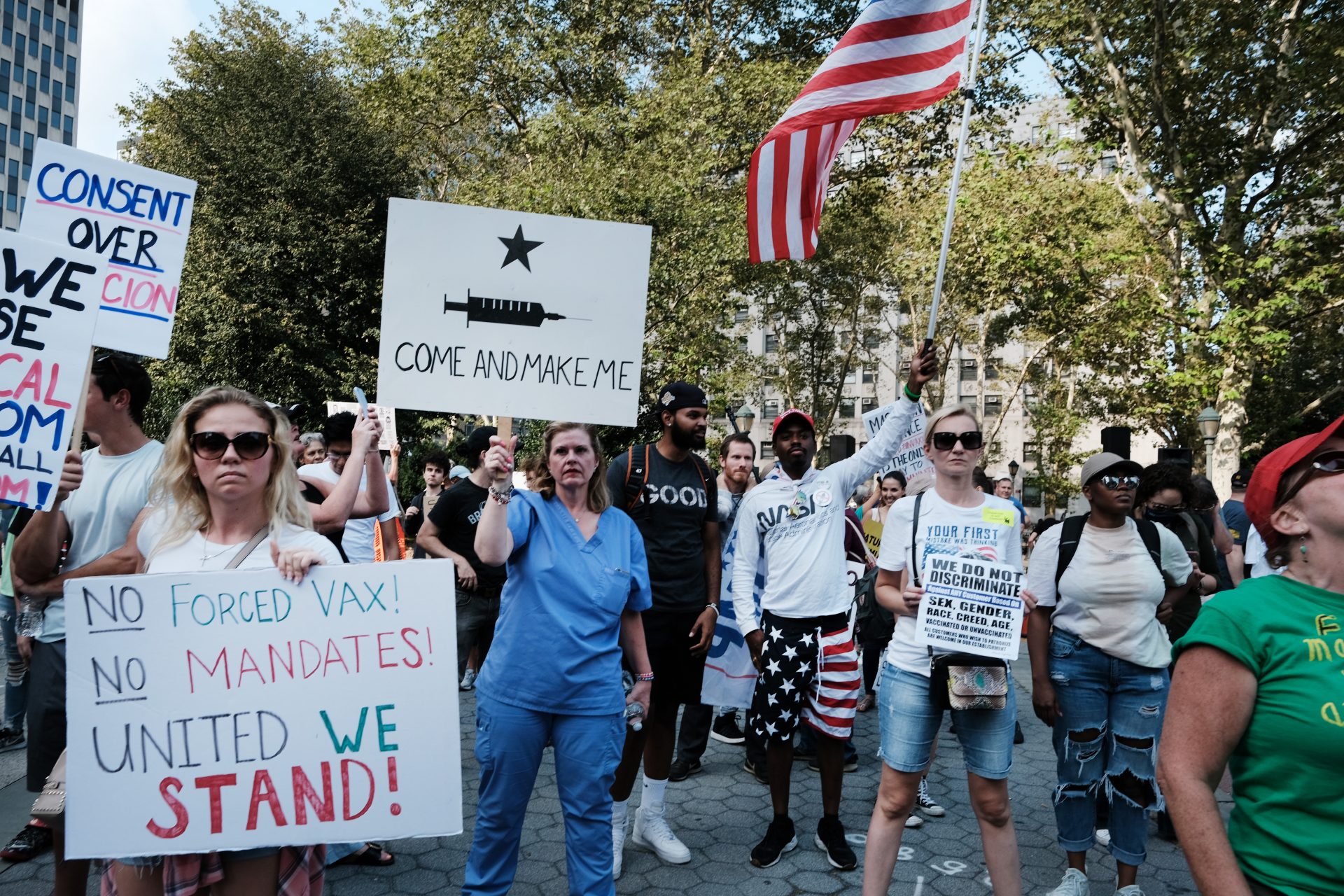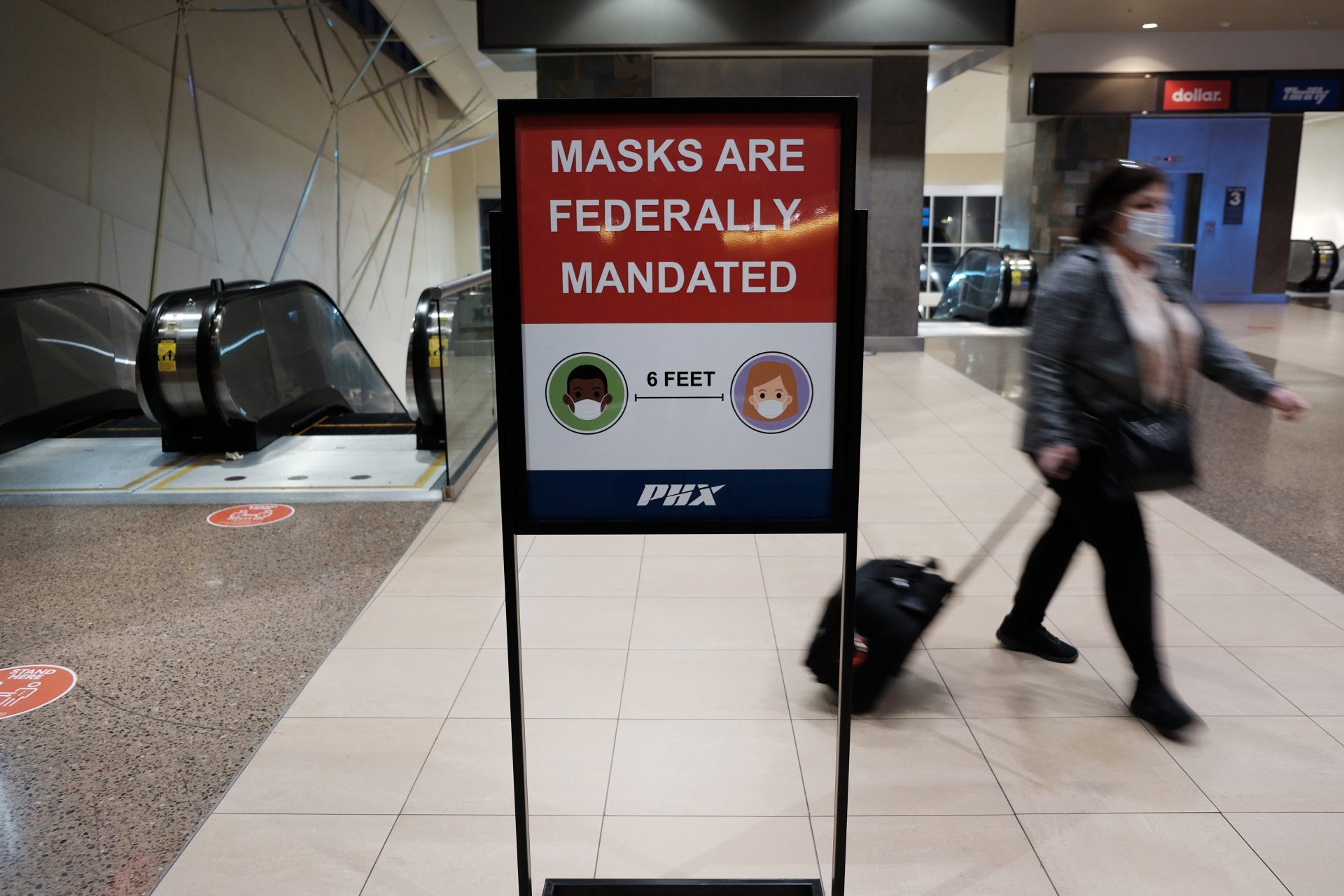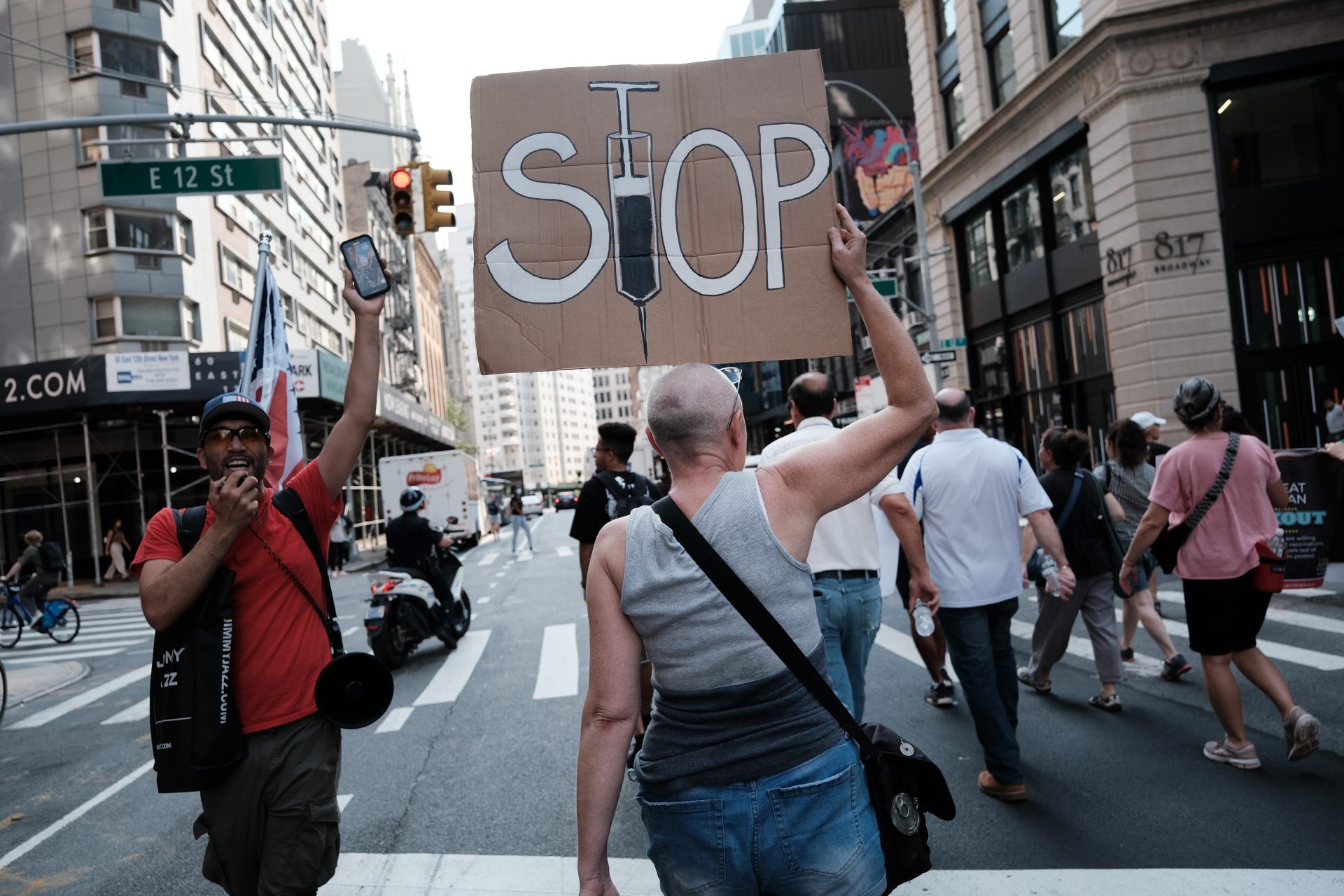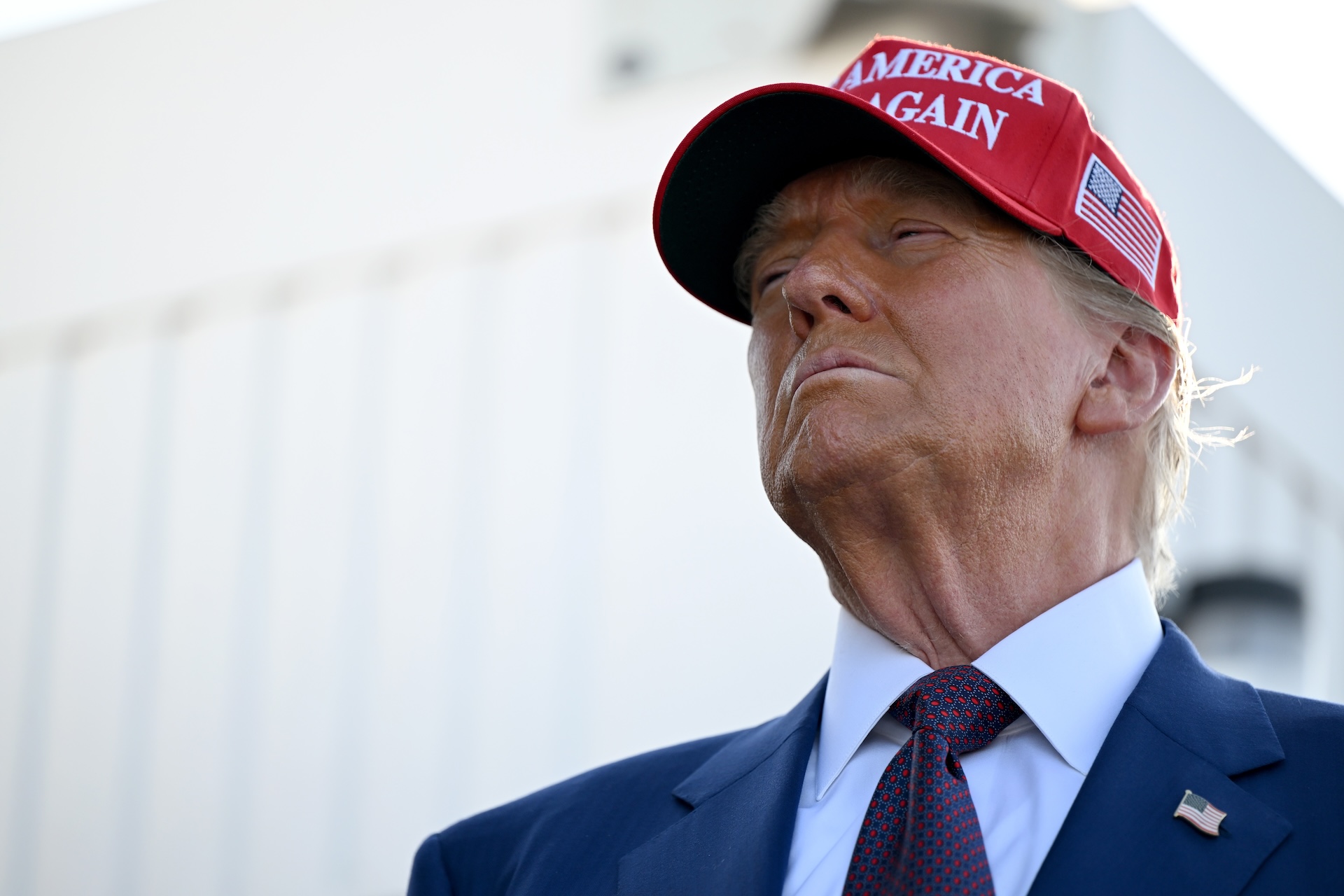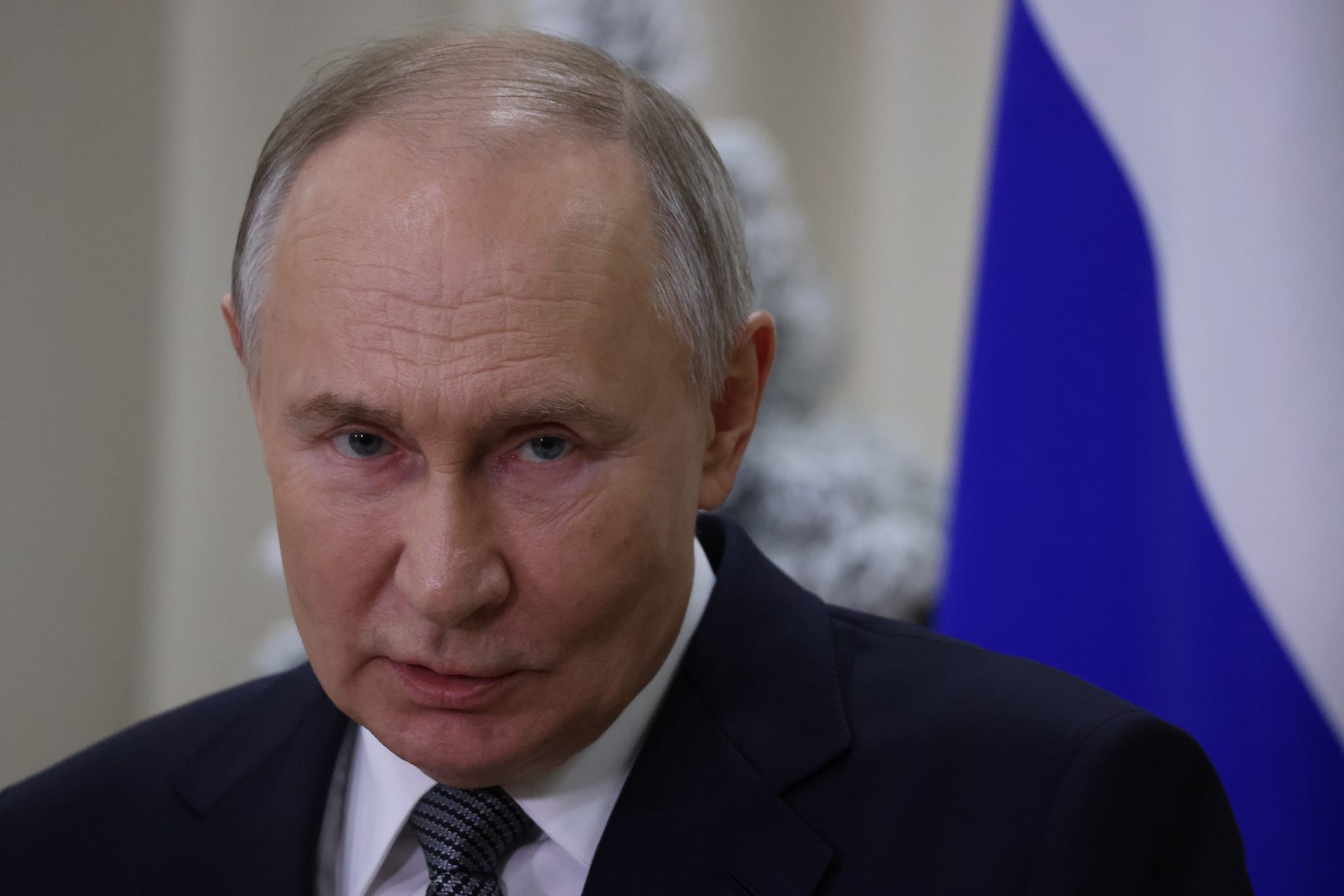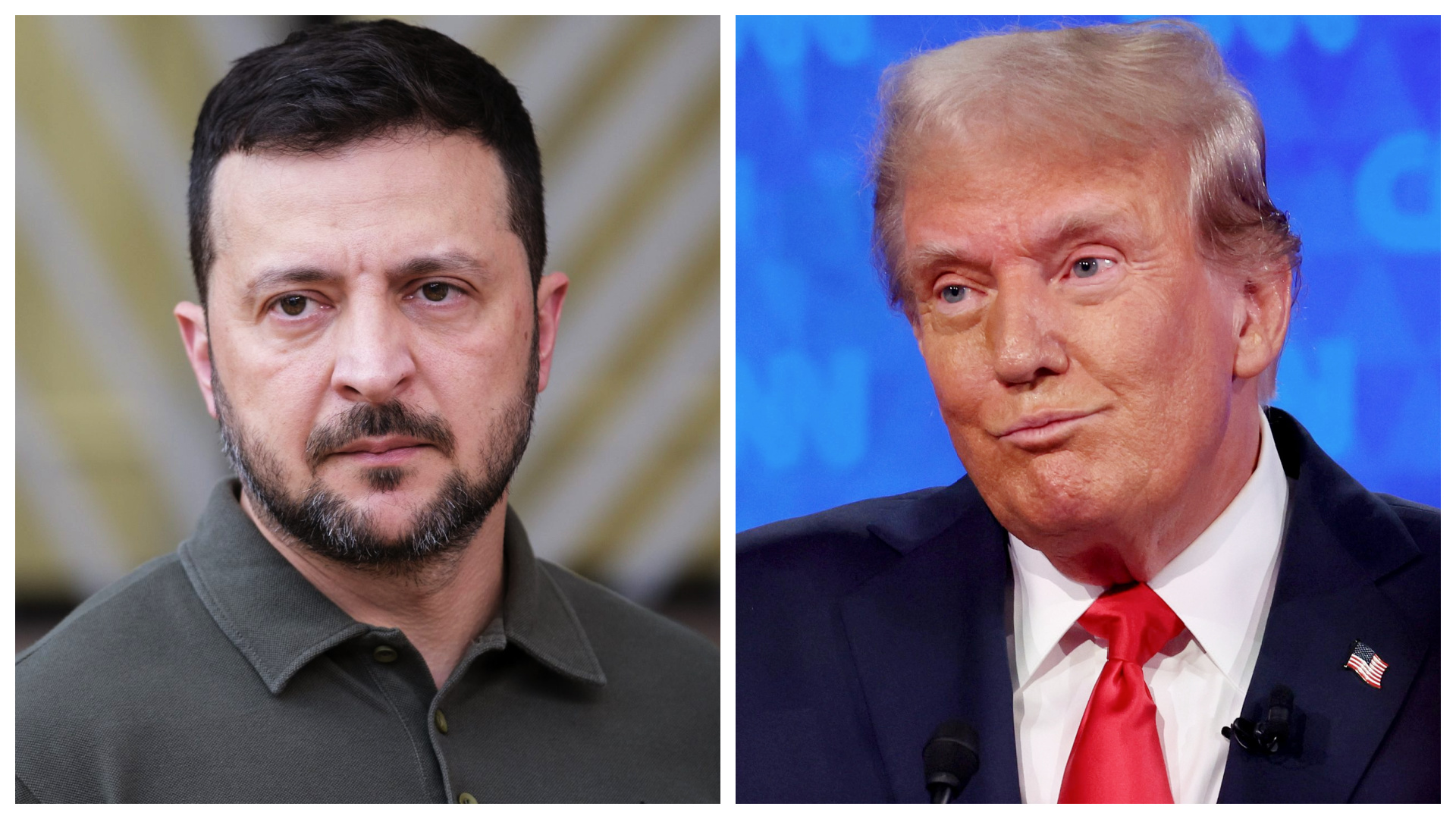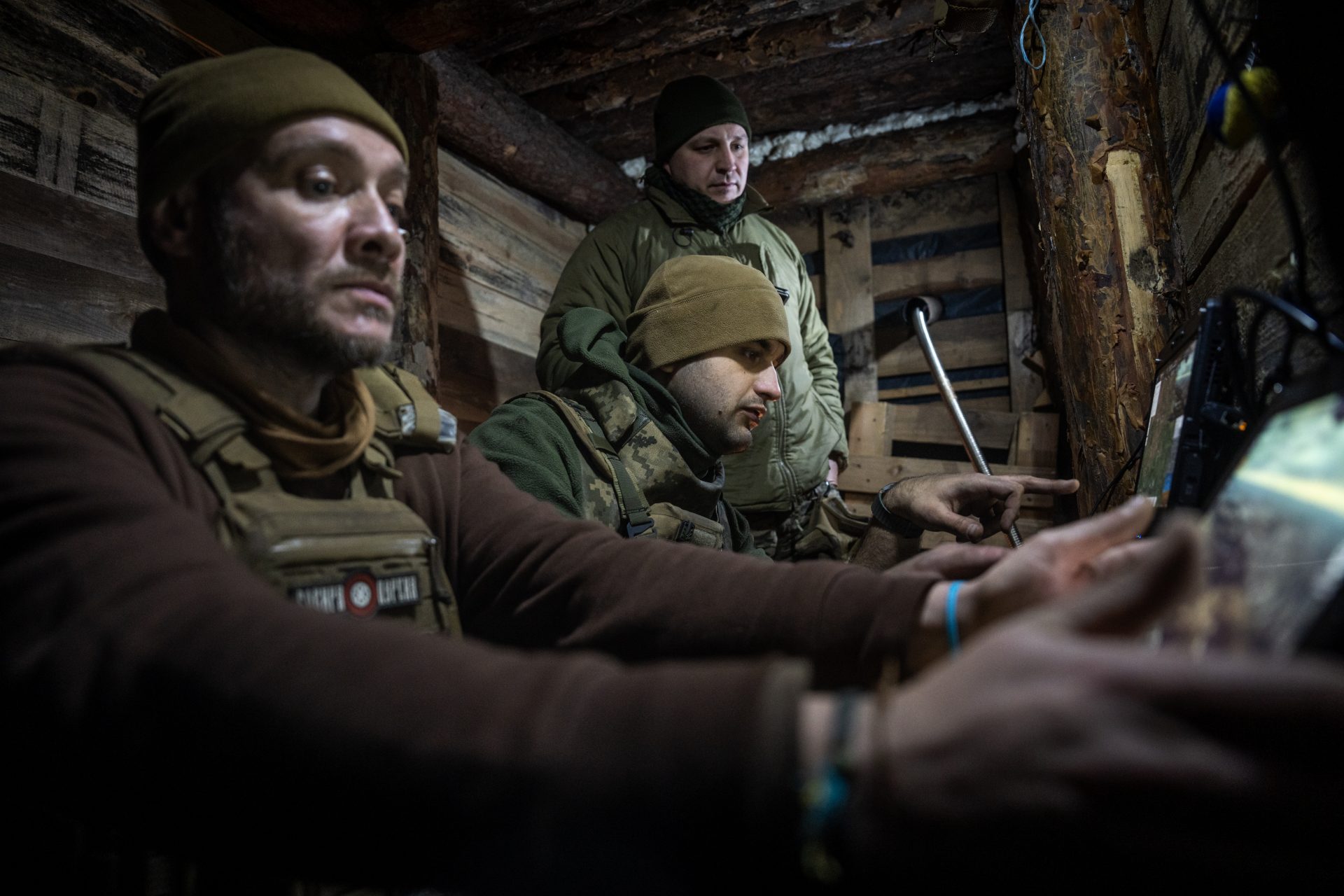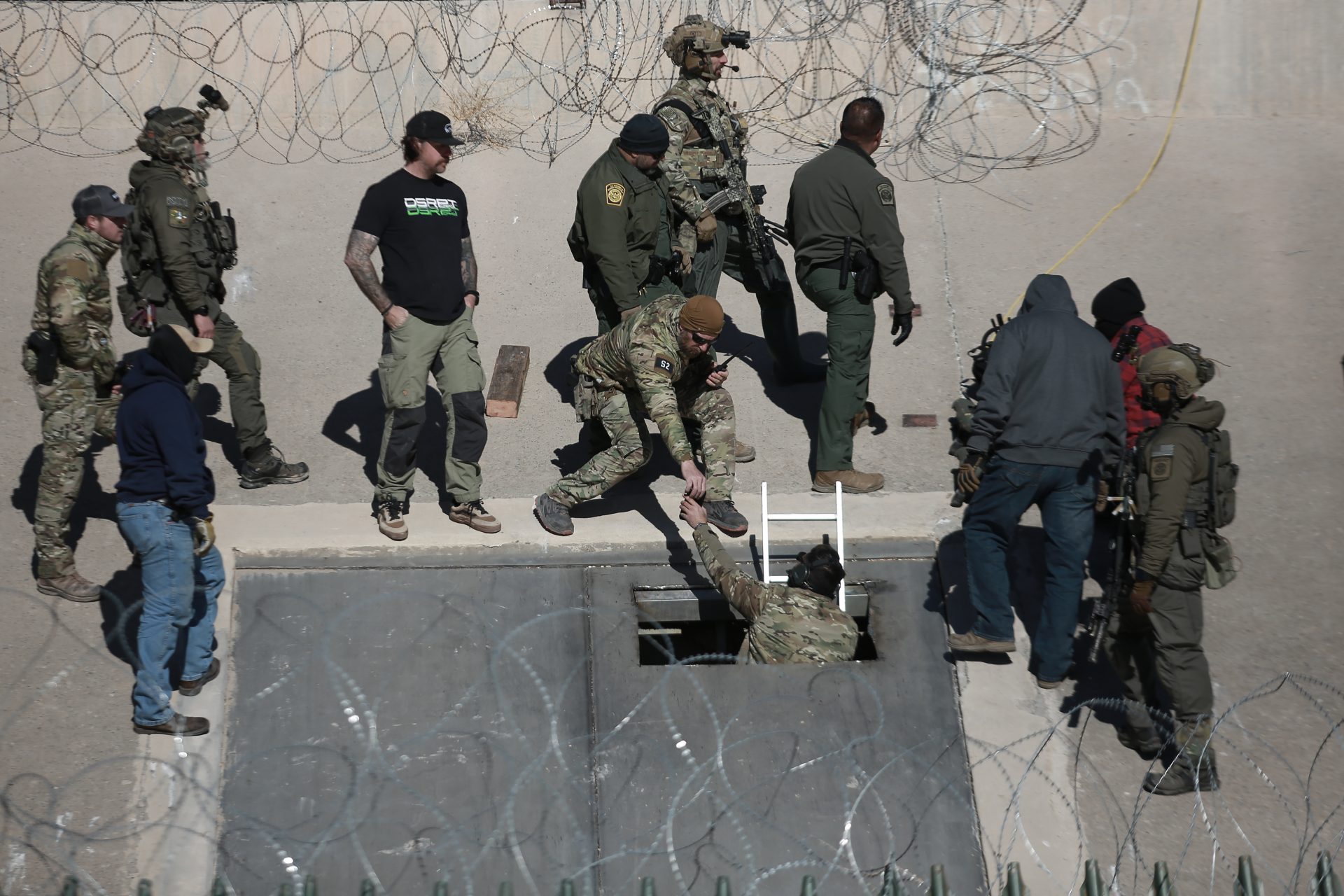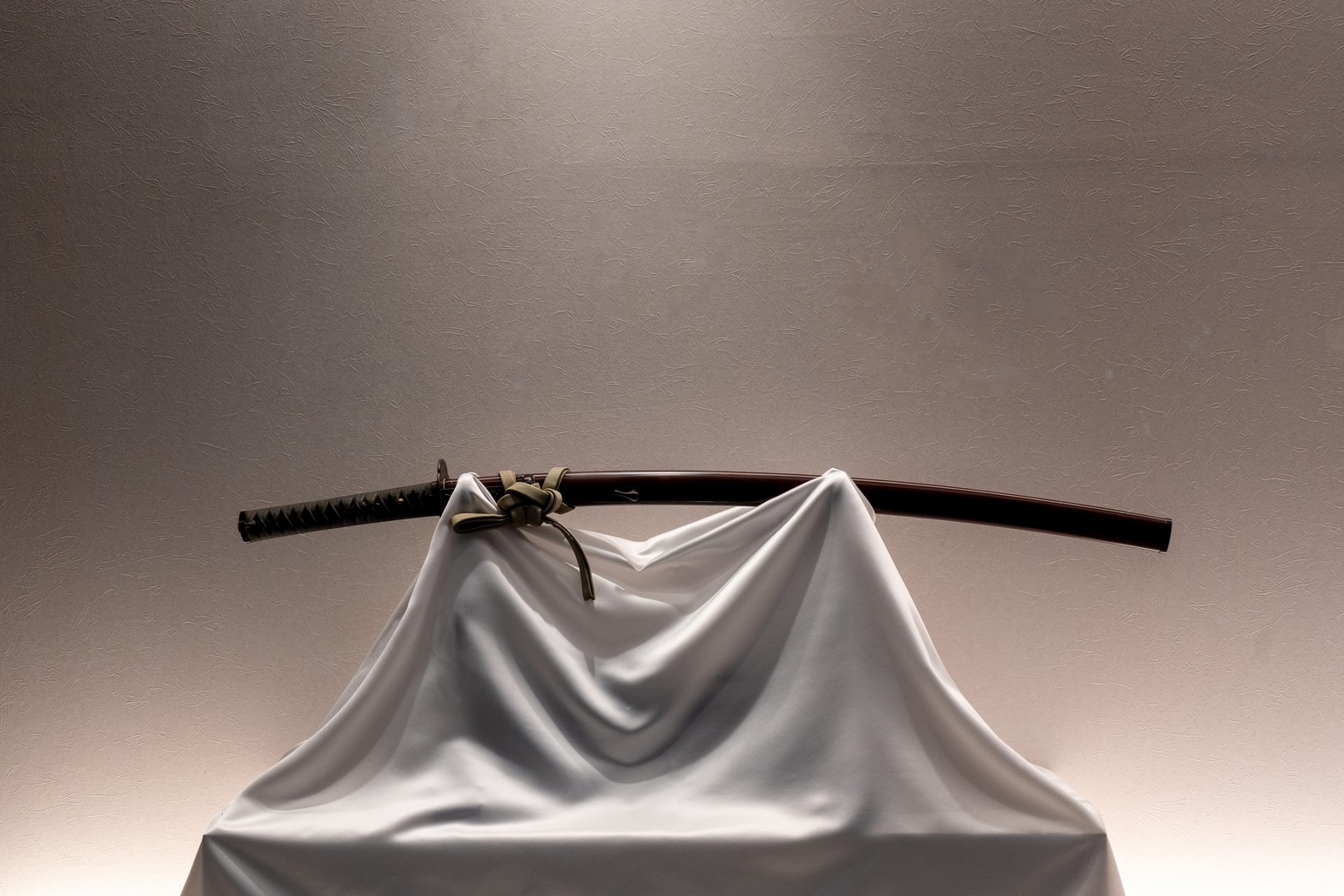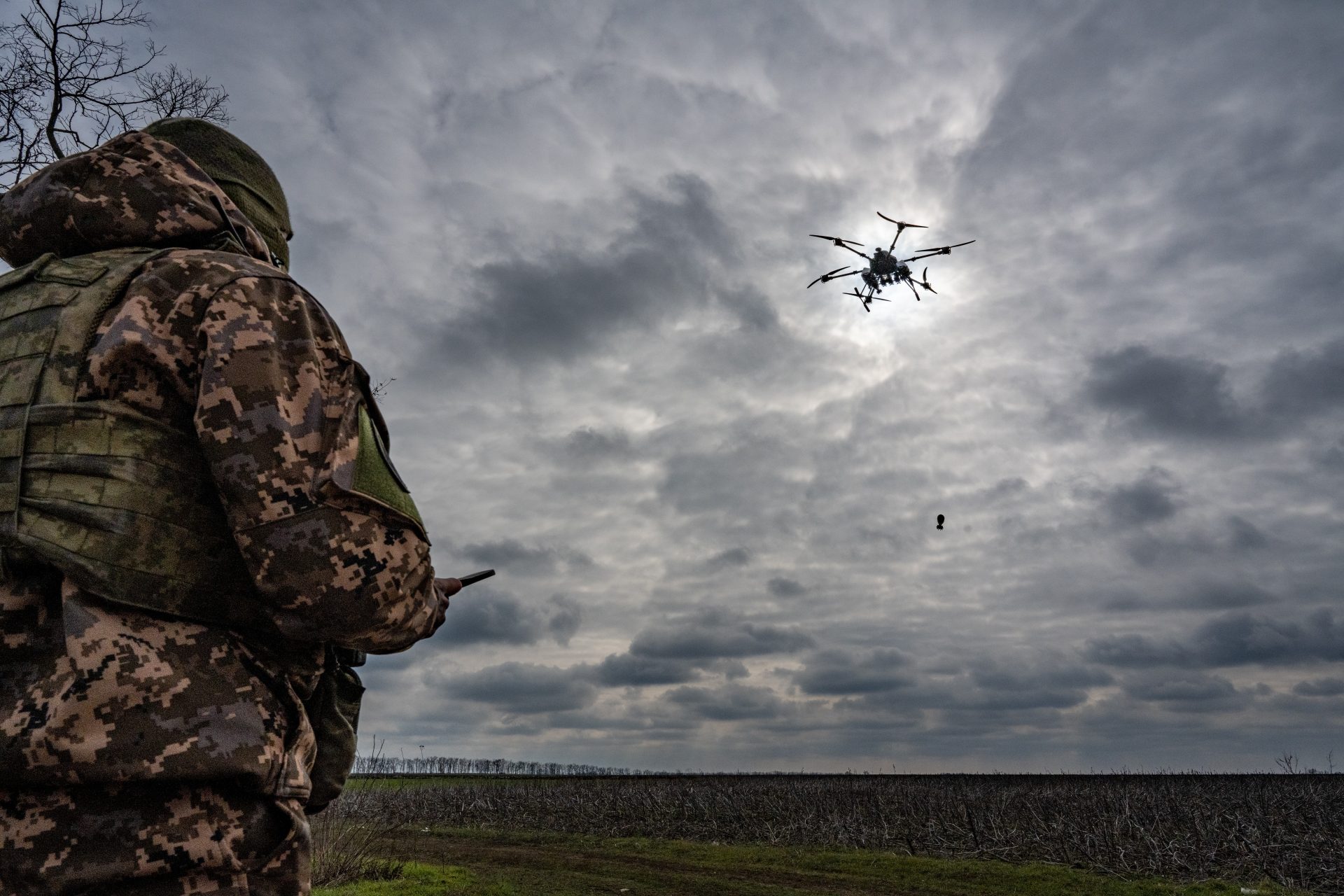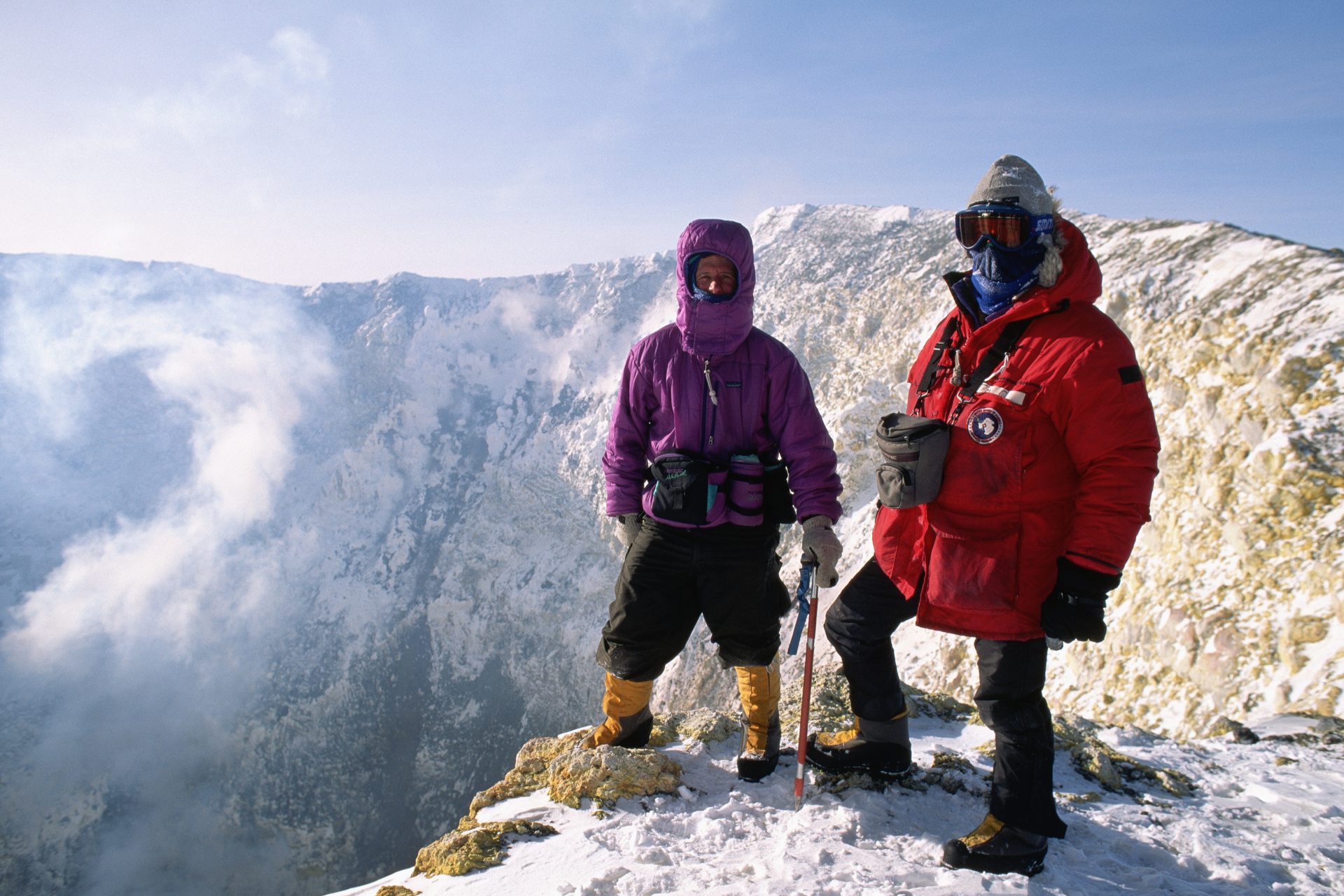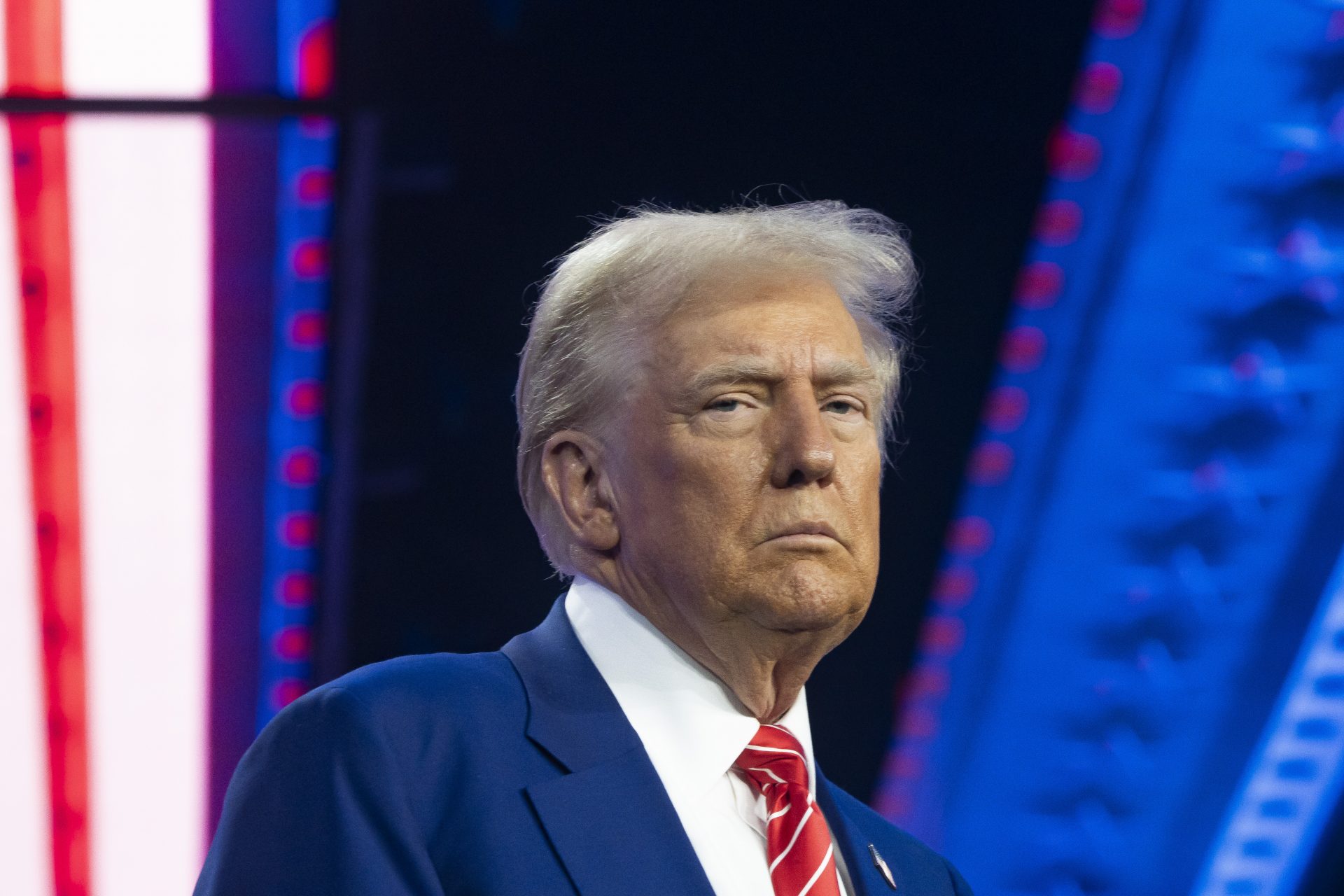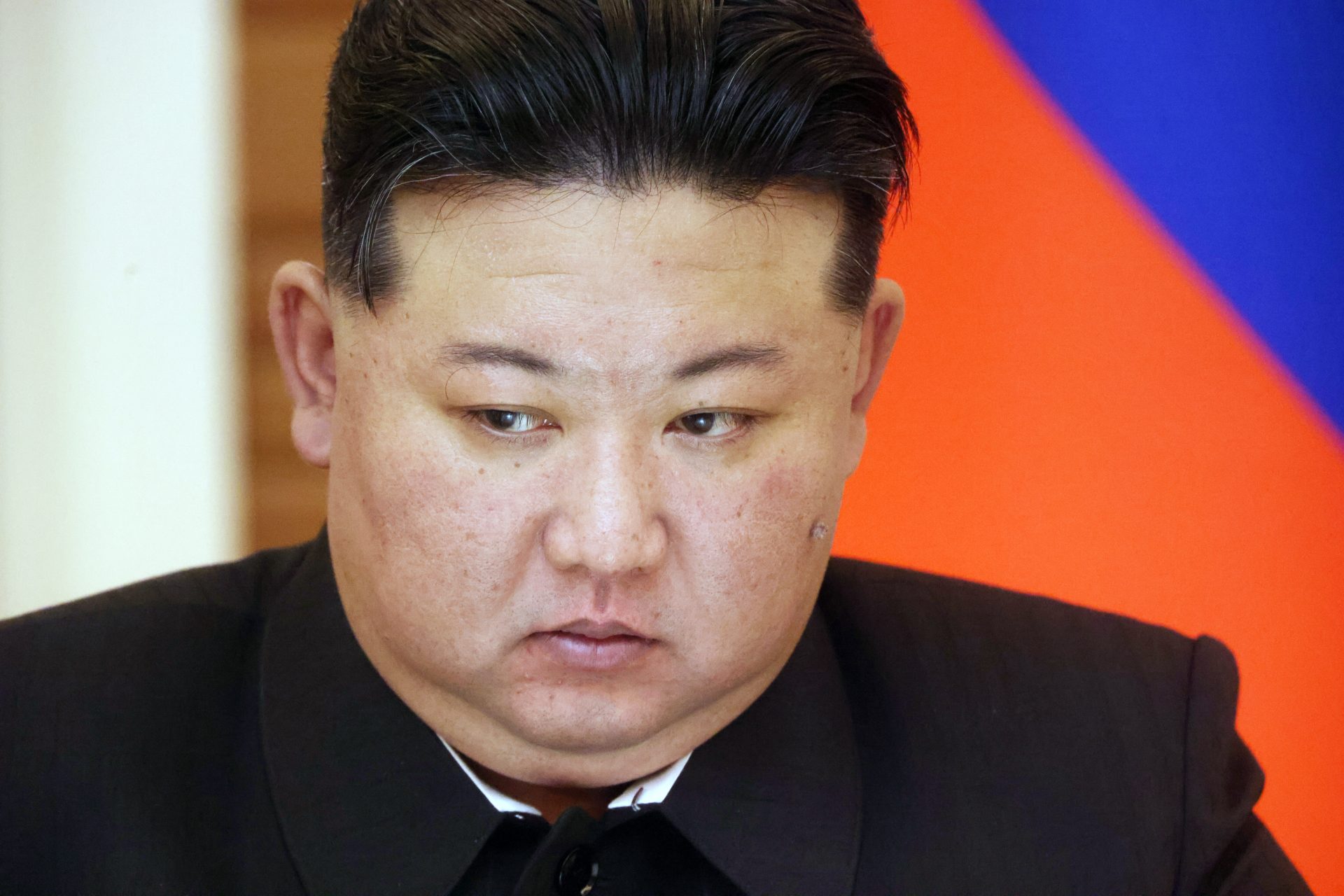Americans don’t trust science as much as they used to and you’ll never guess why
Americans are growing increasingly less keen on science and it isn't just one side of the political aisle that is wavering. Both Democrats and Republicans think science isn't having a good impact on society, but why?
Polling from the Pew Research Center published in November 2023 found that 57% of Americans believe science has had a mostly positive effect on society. You might think that percentage is pretty low but it is a lot more concerning than it first appears. Let's take a look at the findings.
The percentage of Americans who believe science has had a positive impact on society is down by 8% from the last time Pew Research Center conducted a similar survey of the public’s thoughts on science back in November 2021.
In 2021, the Pew Research Center found that a big part of the problem with Americans and science was Republicans and their lower levels of trust in medical science as a result of the messaging surrounding the COVID-19 pandemic.
Overall, only 29% of Americans said they had a great deal of confidence in science back in 2021, which was a number down a whopping 40% from similar polling that the Pew Research Center conducted in November 2020. So things have been getting bad for a while.
However, the previous statistics from 2023 don't fully truly reveal the nature of the problem since the total percentage of Americans who think science is a societal good was down by 16% against data gathered before the outbreak of the global pandemic.
Roughly one-third of Americans (34%) in 2023 believed science was just as bad for society as it has been good, and almost one in ten said that they thought science had a mostly negative impact on society. Those findings weren't good.
Scientists were still thought of in rather high regard compared to the Pew Research Center’s findings about science as a general topic and social force. Almost three-quarters of the people polled (73%) said scientists act in the public interest.
Unfortunately, trust in scientists themselves was down 14 points from the early stages of the pandemic and the share of Americans who reported having a great deal of confidence in scientists fell from 39% to 23% in the 2023 polling.
Over one-quarter of respondents (27%) told Pew Research Center pollsters that they had “not too much or no confidence to act in the public’s best interests,” a percentage the think tank noted was only 12% in April 2020. So it's clear there has been a growing trend of anti-science sentiment in the United States.
The average person might think that the polling would be skewed toward one segment of the country’s political spectrum but the Pew Research Center actually found that the county's fall in trust in science was an issue that affected both sides of the political aisle, although not equally.
The percentage of Democrats who noted having a great deal of confidence in scientists fell from 55% in November 2020 to just 37% in the latest polling. However, the problem was much more pronounced with Republicans.
Pew Research Center reported that nearly-four-in-ten Republicans (38%) said that they had “not too much or no confidence at all” in scientists, a percentage that was up more than double from the 14% that it was in April 2020.
A resounding 86% of Democrats said that they had at least a fair amount of confidence in scientists and Pew Research Center reported the differences in partisan views were more pronounced in November 2023 than before the outbreak of the global pandemic.
Less than half of Republicans (47%) said they thought science had a positive impact on society. This was a major decline from the 70% of Republicans who said otherwise back in 2019 while 69% said science was a societal positive, down 8% in 2019.
So what’s causing the decrease in America’s trust in science and scientists in 2023? One expert blamed disinformation surrounding the global pandemic and COVID-19 for changing how Americans thought about science and scientists.
“If you look at the data in detail, it’s really kind of an information divide,” explained Dr. Katrine Wallace—an epidemiologist and anti-misinformation advocate at the University of Chicago—to CNN’s Giri Viswanathan.
“There’s been a kind of a monotonic decrease since 2019 in trust in science. It’s kind of stunning,” Dr. Wallace continued, blaming an “infodemic” about COVID-19 for the loss in the public’s trust in science and scientists.
“It led to a lot of public chaos, bewilderment, message fatigue and people just kind of checking out,” Wallace explained to CNN. “It just causes a lot of confusion because we have different people with big platforms saying different things.”
More for you
Top Stories



